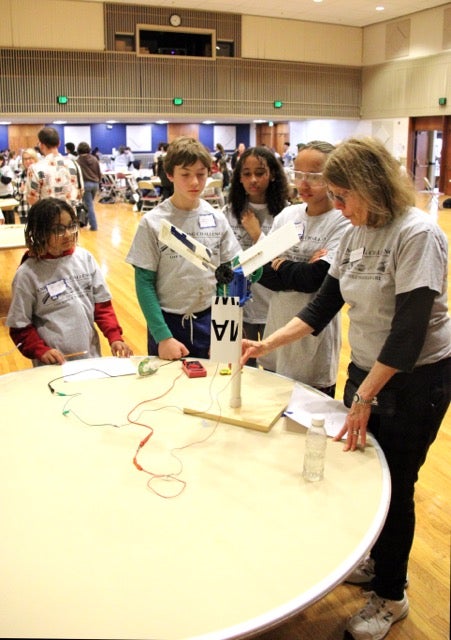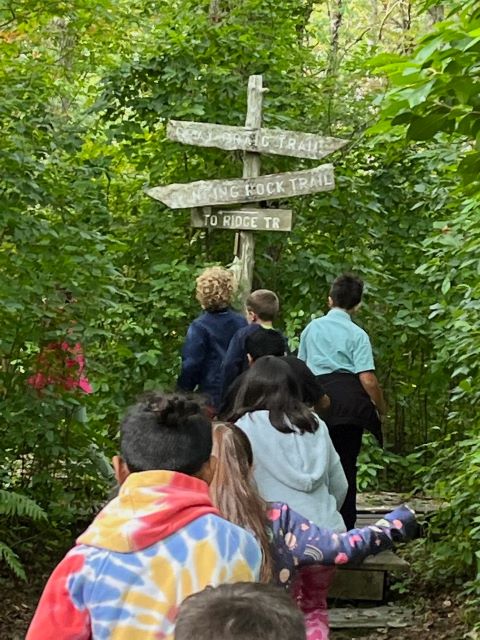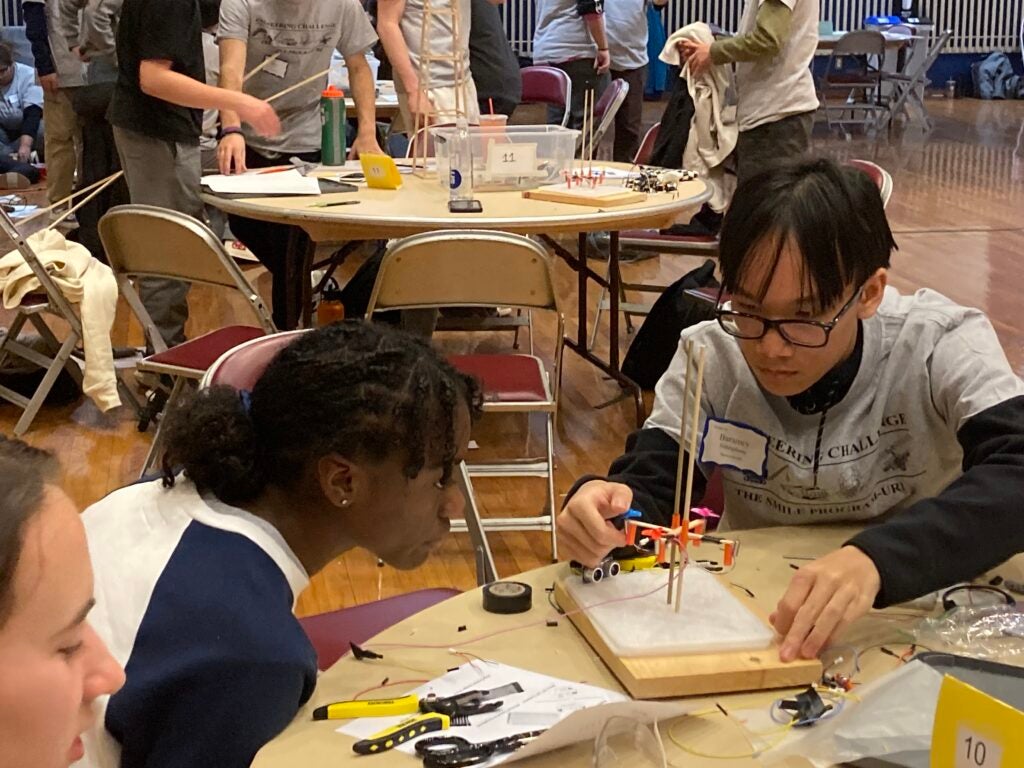1 – SMILE has high expectations
SMILE aims to prepare students for higher education by providing them with the guidance and resources they need to succeed in their academic journey. Many of our students enter the program ready to challenge themselves, develop new skills, and strive for academic excellence. SMILE channels this drive by fostering a culture of high expectations. We ground our interactions with students on the belief that they are capable of academic achievement. We provide long-term, meaningful and engaging science and math enrichment, with college enrollment as a clear goal.

2 -SMILE focuses on science and mathematics.

SMILE uses a problem-based learning framework for its annual college-connection activities at all levels. Activities focus on engaged learning through a meaningful context, integrating science and math concepts, and infusing technology throughout. Integral to this approach is the interaction of students with practicing scientists and mentors throughout all phases of a given project. Students also learn about career opportunities from the scientists and other mentors.
3 -SMILE provides a continuity of enrichment experiences.

SMILE Clubs meet weekly throughout the school year for integrated math and science activities designed to build a cohort of interested and excited students. Each club accommodates about 20 students and is facilitated by two of the school’s teachers. Clubs also take several field trips per year and attend the SMILE Program’s annual special events. Early intervention is key to students’ success and provides the rationale for SMILE programming to start in the fourth grade. Student involvement may continue through 12th grade. By maintaining the continuity of students’ exposure to and support for learning science and math we are creating a clear pathway to higher education for motivated and prepared students.
4 -SMILE Clubs have a strong connection with URI.
Students come to campus for more than a tour; they actually participate in science and math activities on campus. They meet and work with college faculty and students. Teachers tell us that these on-campus events are the most influential factors in motivating their students to prepare for higher education. Program staff also visits each community several times per year – bringing URI to the school and community. The highlights of these visits are Family Science Nights involving the local clubs, community and URI faculty.

5 -SMILE emphasizes teamwork and collaboration.

Teachers establish a supportive club environment. Good behavior is required, improved self-esteem and enhanced self-confidence are emphasized, and promoting the resiliency of students remains an important aim. SMILE students are motivated to work hard and to develop their skills and talents and explore their interests. They participate in teams and learn that it is OK and fun to be smart. We involve family and community, use positive adult role models from the community and provide a connection to school that is both social and academic.
6 -SMILE values the commitment of the teachers who serve as club advisers.
SMILE teachers receive a stipend and a club budget and are supported academically with curriculum and through professional development. Teachers attend about seven days of workshops per year where they engage in the learning experiences they are expected to deliver to the students in the SMILE clubs, along with the necessary materials. In addition, during the workshops teachers share curriculum ideas, plan for the year, learn how to prepare the students for the upcoming college-connection events and renew their own wonderment in learning.

